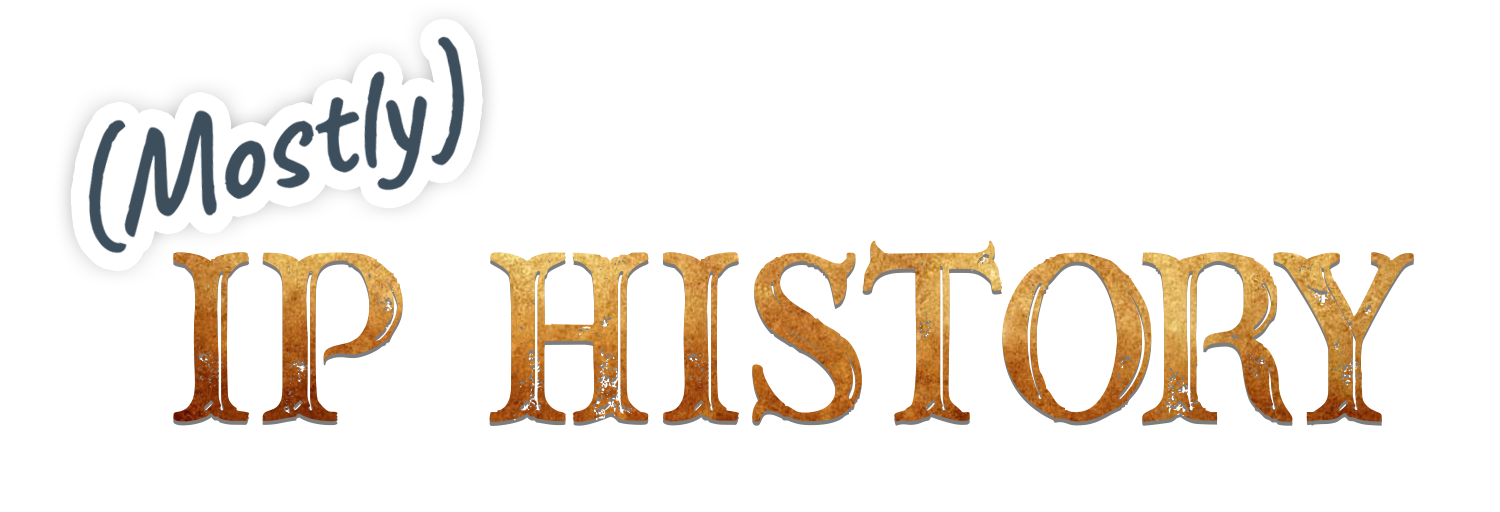Video Post: A 1992 Hearing on Copyright in Legal Compilations
One interesting thing about case reporters is that even though the text of reported cases themselves been denied copyright protection by the courts, going all the way back to 1834 in Wheaton v. Peters, case reports have been consistently registered for copyright. In the latter part of the 1980s, Mead (the service now known as Lexis) introduced star pagination, allowing a reader to identify when a new page began in the printed reporter, which was published by West. West Publishing sued, and in 1986 the 8th Circuit held that West had shown a likelihood of success that the Mead star pagination feature infringed their copyrights in page numbers, in other words the selection and arrangement of the case text.
In 1988 the parties settled, but concerns lingered about the applicability of copyright to law reporters and other legal compilations. This was amplified by the 1991 Supreme Court decision in Feist v. Rural Telephone, which cast the holding of the 8th Circuit in the Mead case into some doubt. In Congress a bill was introduced to make clear that page numbers in legal compilations could not be protected by copyright. Thus a Congressional hearing was held on May 14th, 1992, before a subcommittee of the House Judiciary Committee, to discuss the issue of whether copyright should protect such things as page numbers. The text of this hearing has long been available, but I think it’s much more interesting on video, and in some cases it illuminates the content of the hearing as well. I’ve included the video below.





